Patient Screening
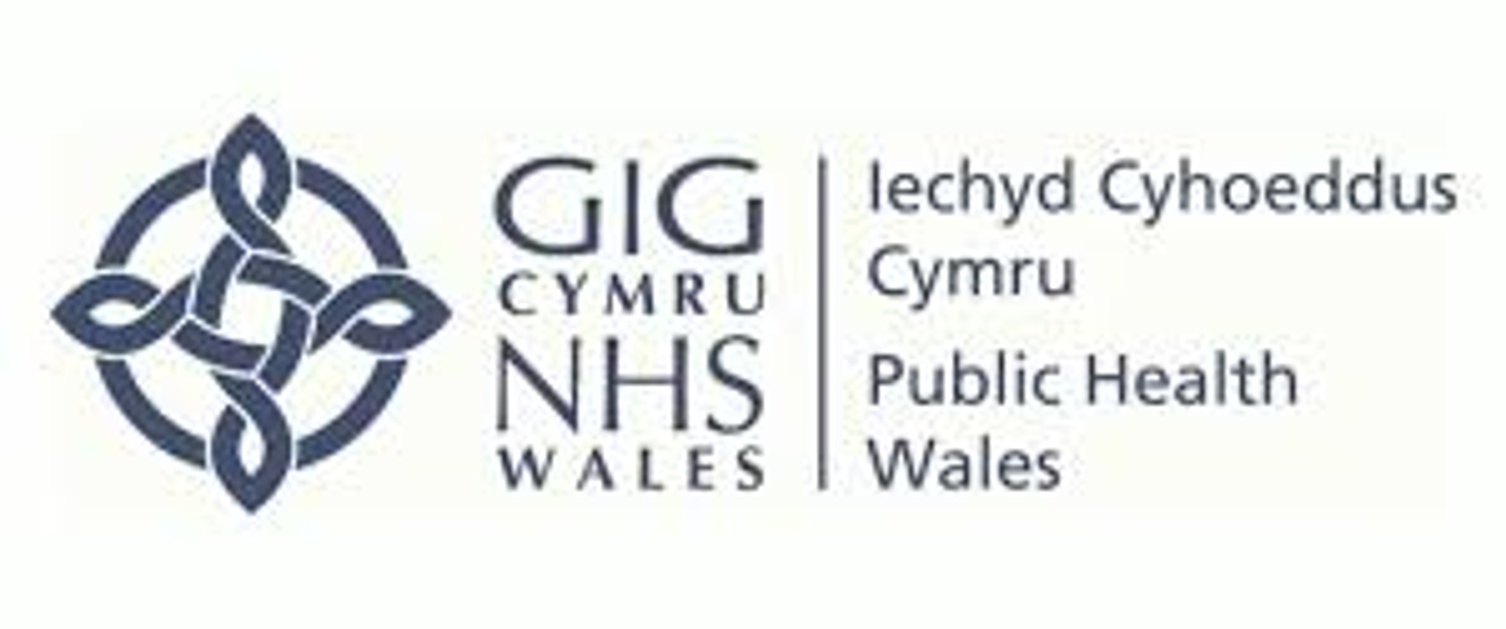
Screening is a way of identifying apparently healthy people who may have an increased risk of a particular condition. The NHS offers a range of screening tests to different sections of the population.
If you are transgender, and are not sure which screening test you will be offered, you can find out more by visiting the programme websites.
What is screening?
- Screening looks for early signs of disease or a condition in adults and children who do not have symptoms.
- Finding a condition early gives you the best chance of treatment and survival.
- You may feel well even if you have early signs of a condition.
- No screening test is 100% accurate and some conditions may be missed.
- If you have any questions about screening, contact your local screening office or your GP.
- Taking part in screening is your choice. It is important that you understand the benefits and risks of screening before you give your permission to take part. If you need help to understand the information you have been given, contact your local screening office (the contact details will be on the letter you receive)
Public Health Wales delivers the following population based national screening programmes across Wales:
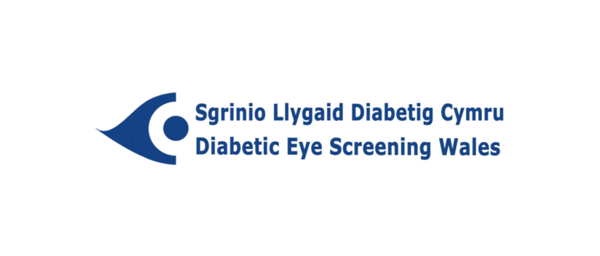
The Diabetic Eye Screening Wales service checks for eye problems caused by having diabetes. Eye screening looks for damage to the back of the eye (diabetic retinopathy) which can lead to permanent sight loss. Making changes to your diabetes management, or having specialist treatment can slow or reverse changes caused by diabetic retinopathy. If you have been diagnosed with diabetes, and are aged 12 or over, you will be invited to attend a screening appointment. We normally invite you every year, by sending you a letter to your home address.
Diabetic Eye Screening Wales are responsible for sending patients their invitations. They get your details from your GP record, so it is important that we have your correct contact details.
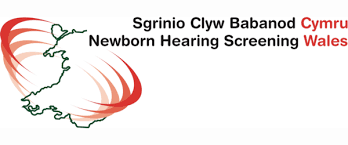
One or two babies in every 1000 are born with a hearing loss that may affect their speech and language development, Newborn Hearing Screening Wales (NBHSW) helps to find those babies and offer help and support from the start.
Most of these babies will be born into families where no-one else has a hearing loss. It is not easy for parents to tell if a young baby has a hearing loss. Finding out early is important for a baby’s development. It also means that support and information can be offered right from the start.
Hearing screening tells us which babies may have a hearing loss. The screening test shows us which babies need more tests to decide if they have a hearing loss.
Screening does not detect all hearing loss or prevent future hearing difficulties.
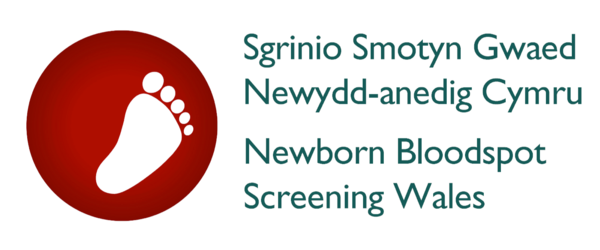
Newborn Bloodspot Screening Wales aim to offer all eligible babies screening for rare but serious conditions that would benefit from early intervention and reduce mortality and or morbidity from the condition.
In Wales all babies are offered screening for the following conditions:
- Inherited metabolic disorders:
- Medium-chain acyl-CoA dehydrogenasedeficiency (MCADD)
- Phenylketonuria (PKU)
- Maple syrup urine disease (MSUD)
- Isovaleric acidaemia (IVA)
- Glutaric aciduria type 1 (GA1)
- Homocystinuria (HCU)
- Congenital hypothyroidism (CHT)
- Cystic fibrosis (CF)
- Sickle cell disorders (SCD)
Screening for all of the conditions is recommended by the UK National Screening Committee.
More information about the programme can be found here
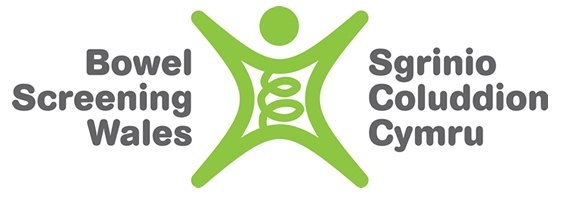
Bowel Screening Wales is responsible for the NHS bowel screening programme in Wales. Bowel screening aims to find cancer at an early stage when treatment is likely to be more effective. Early detection is key. At least 9 out of 10 people will survive bowel cancer if it’s found and treated early. The test kit is designed to measure how much blood is in your poo and can be completed at home. Once you have sent your test your results will be back with you within two weeks. Men and women aged between 58 and 74, and who are living in Wales are invited to take the test every two years.
The programme is expanding to include 58 and 59 year olds, this will be gradually rolled out over 12 months. People will automatically be invited between October 2021 and September 2022. See our Latest News page for more information.
Bowel Screening Wales are responsible for sending patients their invitations. They get your details from your GP record, so it is important that we have your correct contact details.
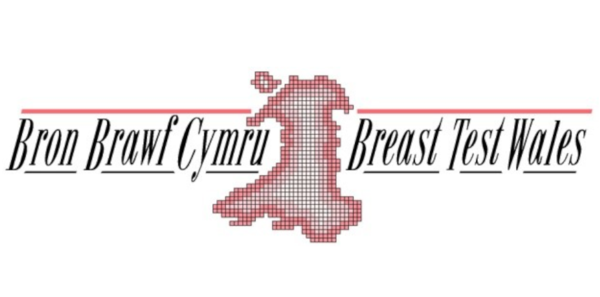
Breast screening looks for breast cancer before symptoms show. This involves taking mammograms, which are x-rays of the breast.
If we find breast cancer at an early stage, treatment has the greatest chance of being successful.
The breast screening programme is only for women aged over 50. This is because the risk of developing breast cancer increases with age. Breast cancer affects one in nine women in Wales at some time in their lives.
Breast Test Wales is responsible for sending ladies their invitations. They get your details from your GP record, so it is important that we have your correct contact details.
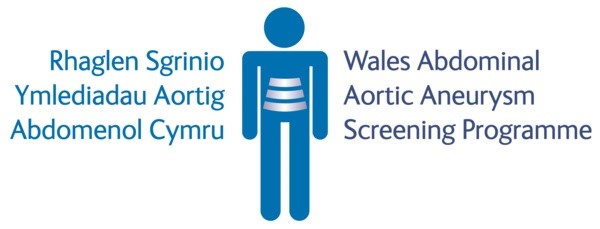
The aim of the Wales abdominal aortic aneurysm screening programme is to reduce the number of ruptured AAA and deaths in Wales. 65 year old men who live in Wales and who are registered with a GP practice will be invited to take part in the screening programme involving a simple and painless ultrasound scan to measure the abdominal aorta. Men are six times more likely to have an AAA than women and becomes increasingly common with age. This is a free NHS screening test and you will be called automatically on or just after your 65th Birthday.
Wales abdominal aortic aneurysm screening programme is responsible for sending gents their invitations. They get your details from your GP record, so it is important that we have your correct contact details.

Antenatal Screening Wales is funded by Welsh Government to support improvements in the standard of antenatal screening offered to women. If you are pregnant, you will be offered a number of different screening tests. You can choose whether or not to have these tests and the information in their website will help you choose. You can also talk about the tests with your midwife or your hospital doctor (your obstetrician).
Women who are pregnant will be offered antenatal screening tests during their pregnancy to check their health and the health of their baby. A midwife will explain the different tests you can have as part of your routine antenatal care. Screening may involve ultrasound scans and blood tests. It is important to decide which tests, if any, are right for you.
Taking part in screening is absolutely your choice.
What antenatal screening tests are offered?
Tests will be offered at different stages during your pregnancy.
Antenatal screening includes:
- Down’s syndrome, Edwards’ syndrome and Patau’s syndrome screening.
- Blood tests look for:
- Infections (HIV, hepatitis B, syphilis)
- Blood disorders (sickle cell and thalassaemia)
- Blood group and antibodies
- Ultrasound scans look for:
- Date of pregnancy and development of the baby.
Most women will not need further tests. However, if your screening test suggests you, or your baby have a higher chance of having a certain condition, further tests will be offered and you will be supported at every stage of the process.
Further information can be found here

Cervical Screening Wales is responsible for the NHS cervical screening programme in Wales. Cervical screening can prevent cervical cancer from developing, or pick it up at an early stage. The cervical screening test will look for high-risk types of Human Papillomavirus (HPV) that can cause cell changes on the cervix. Finding cell changes can prevent cervical cancer from developing. Individuals with a cervix aged between 25 and 64 are able to have cervical screening in Wales.
Cervical Screening Wales is responsible for sending ladies their invitations. They get your details from your GP record, so it is important that we have your correct contact details.
From 01 Jan 2022 the recall programme has changed, Cervical Screening Wales is extending the routine screening interval for people with a cervix aged 25 - 49 from three to five years, if Human papillomavirus (HPV) is not found in their cervical screening (smear) test. For over 50’s the programme interval was already 5 years, if Human papillomavirus (HPV) is not found in their cervical screening (smear) test.